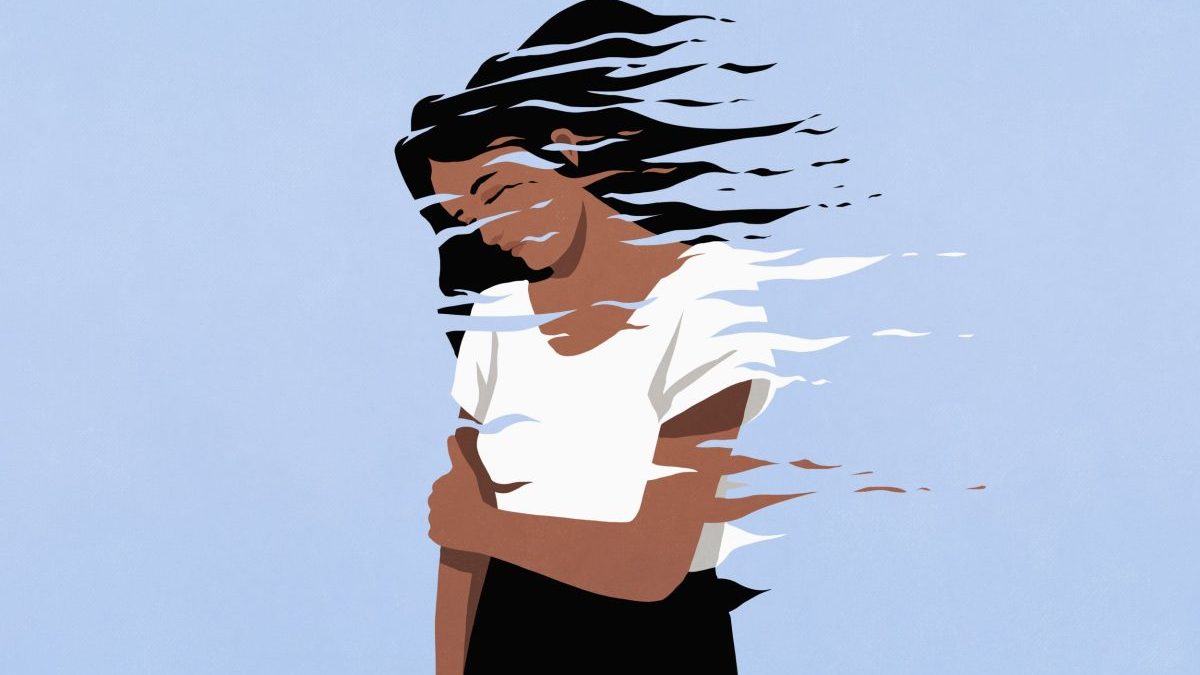Almost a quarter of women and around one in seven men suffer at least one common mental health condition
More than one in five adults in England have a common mental health condition – with women more likely to be affected than men.
The first Adult Psychiatric Morbidity Survey in nine years has found that the nation’s mental health is worsening, with almost a quarter (24.2 per cent) of women suffering at least one condition and 15.4 per cent of men. Generalised anxiety disorder and depression were the most prevalent conditions recorded.
The survey also provided an insight into the groups most likely to have a common mental health condition (CMHC).
More than a quarter (25.8 per cent) of younger adults, aged 16 to 24, now have a CMHC – up from 17.5 per cent in 2007. Younger adults were also more likely to report lifetime non-suicidal self-harm and to screen positive for PTSD and ADHD than older age groups.
However, younger women are particularly at risk with 36 per cent of 16-24 year olds reporting a CMHC. The next closest at risk age group for women is 35-44 year olds, 28.7 per cent of whom have at least one condition.
The most at risk group of men is 25-34 year olds of whom 20.8 per cent have at least one CMHC. For younger men the figure is 13.5 per cent.
Living in the most deprived fifth of areas was associated with an increased prevalence of common mental health conditions, suicide attempts and PTSD. CMHCs are more prevalent in the most deprived fifth of areas (26.2 per cent) than in the least deprived fifth of areas (16.0 per cent).
Financial problems also played a part in diagnosis. People with problem debt were twice as likely to have a CMHC as those without, while those who were unemployed and economically inactive were more likely to have a condition than those in employment.
Regional disparities in CMHCs were evident, with people in the north-east (24.6 per cent) and East Midlands (24.6 per cent) more likely to have a condition than those in the south-east (16.3 per cent) and south-west (18.7 per cent).
‘Data shows now is not the time for benefits cuts’
With welfare cuts still on the horizon, Mark Winstanley, chief executive of Rethink Mental Illness, said the findings show that “now is not the time to reduce support” and that “making vulnerable people poorer” will do nothing to stop the circle of debt, unemployment, deprivation and mental health many people are caught in.
“Anyone claiming that increased awareness is the sole cause is burying their head in the sand,” he warned. “What we need is a sensible public debate about the root causes of people’s struggle, because poor mental health holds people back, ruins futures and imposes an untold cost to the public purse.”
The Government is pressing ahead with reforms to the benefits system in order to “fix the broken welfare system”, despite a looming rebellion by Labour MPs.
A crucial vote on benefits cuts is due to take place next week, on a Bill that will restrict eligibility for personal independence payment (PIP), the main disability benefit in England, and limit the sickness-related element of universal credit.
NHS reform ‘must keep promise to treat mental health with urgency’
Dr Sarah Hughes, chief executive of Mind, said: “The nation’s mental health is deteriorating, and our current system is overwhelmed, underfunded, and unequal to the scale of the challenge.
“After the trauma of the pandemic, the relentless cost-of-living crisis, and persistent racial inequalities, it is no surprise that mental health has suffered – especially for the young. But it is unacceptable that services still aren’t meeting people’s needs.”
Dr Hughes said the upcoming 10-year plan for the NHS “addresses the funding gulf between mental and physical health, prioritises community-based care, and keeps the promise to treat mental health with the urgency and equity it deserves”.
The proportion reporting psychological therapies rose from 10.4 per cent in 2007 to 17.9 per cent in 2023/4, and the proportion using medication rose from 19.6 per cent in 2007 to 38.4 per cent in 2023/4, the survey also shows.
Winstanley added: “These figures demand a shift in thinking and demonstrate that the policy failings of the last decade are coming home to roost.
“The population-wide increase in people struggling with poor mental health – particularly among young people, women, and those in more deprived communities – demonstrates more than ever that unless coordinated, preventative action is taken across Government, we will continue to deal with an ever-growing deluge of sickness.”
The Government said more than 6,700 extra mental health workers have been recruited since July, as it prepares to announce fundamental reforms to patient support in its 10 Year Health Plan.
Health Secretary Wes Streeting said: “Not getting the right support for your mental health isn’t just debilitating, it can hit a painful pause button on your life – stopping you working, enjoying time with family and friends, or living day-to-day life.
“Patients have faced the crisis of access to mental health services for far too long, and this government is determined to change that through our Plan for Change to rebuild the NHS.
“We are already over halfway towards our target of recruiting 8,500 extra mental health workers, and through our upcoming 10 Year Health Plan we will get more people back to health and back to work.”
